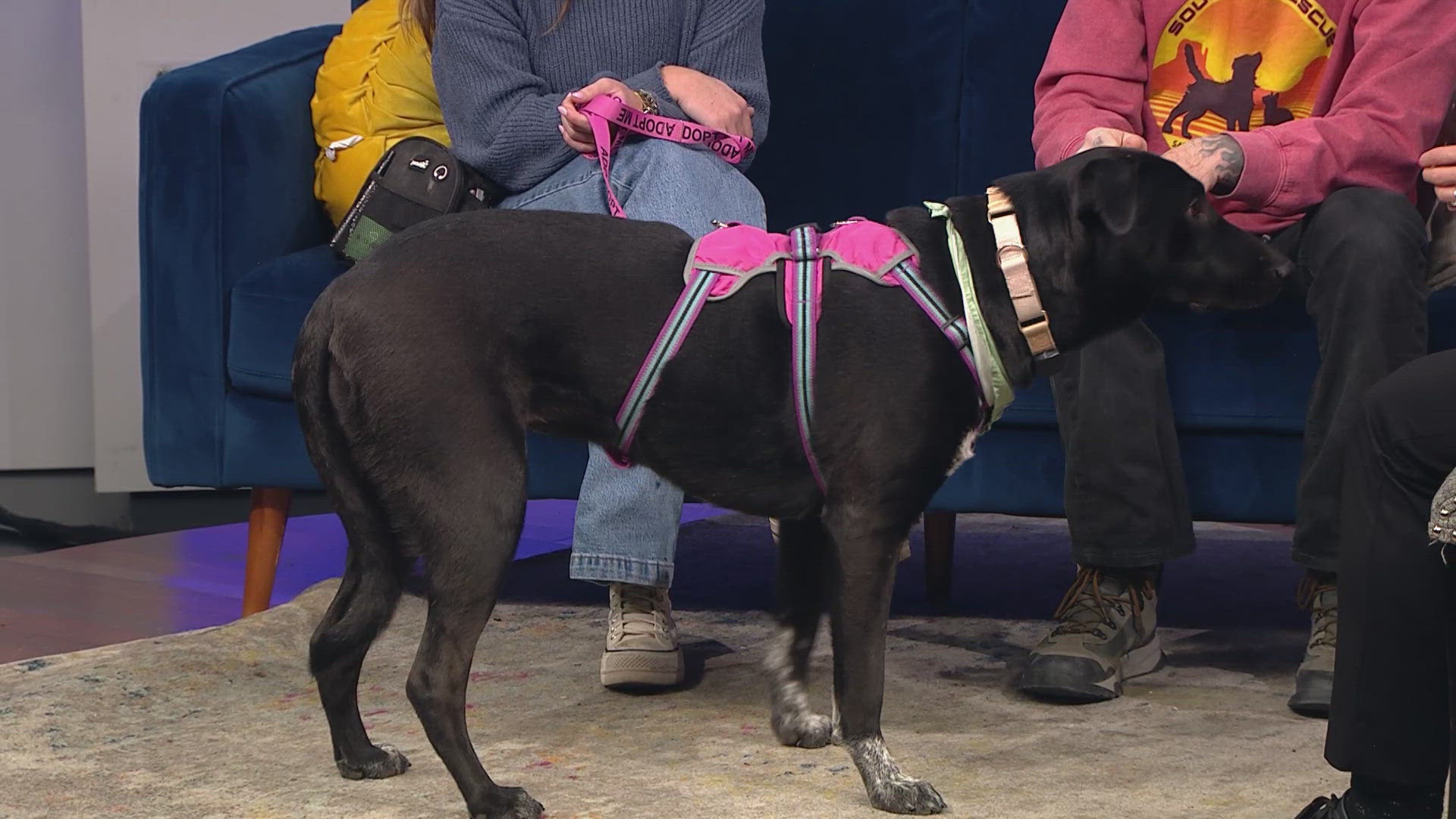"Yes! Yes! Yes!!!!!!! I finally know who mailed the anthrax letters in the fall of 2001. I've pieced it together!" Ivins wrote in the e-mail dated Sept. 7, 2007, according to an FBI affidavit.
"I'm not looking forward to everybody getting dragged through the mud, but at least it will all be over," Ivins allegedly wrote. "Finally! I should have it TOTALLY nailed down within the month. I should have been a private eye!!!!"
The e-mail did not say who Ivins thought was the anthrax killer.
Ivins committed suicide in July as prosecutors prepared to charge him in the mailings that killed five people and sickened 17 others.
The e-mail was signed "bruce" and sent from an America Online address by the name of "KingBadger7." Authorities said it was one of at least six e-mail addresses registered to Ivins.
The FBI affidavit was included in the final batch of court documents to be released by the government that shows how prosecutors built their case against Ivins.
Ivins' lawyer, Paul Kemp, maintains Ivins was innocent and said scientist would have been cleared if the case had gone to trial. "The absence of any information from the search warrants that conclusively finds he did it only confirm that," Kemp said Wednesday evening.
He said the September 2007 e-mail is merely Ivins "attempting to explain who could have had access to the (anthrax) beaker," Kemp said. "He had his own views about who might have been capable of this thing. And he explained that to the FBI."
The release of the court documents comes amid criticism and questions by Ivins' colleagues and some members of Congress about the FBI investigation, which concluded Ivins alone was responsible for the attacks. Rep. Rush D. Holt, D-N.J., has drafted a bill that would create a national commission to investigate the FBI's probe of the anthrax attacks and make recommendations for preventing bioterrorism.
An Army report released Wednesday shows that Ivins' access to Army biodefense laboratories was revoked in March after he spilled anthrax on his pants and went home to wash them instead of immediately reporting the accident.
The accident occurred March 17 at Fort Detrick, Md., while the microbiologist was working with the relatively mild strain of anthrax used for vaccinating livestock. His access to the laboratories that handle the deadly Ames strain used in the 2001 attacks had been revoked Nov. 1, the same day the FBI raided Ivins' home in Frederick, just outside Fort Detrick's main gate.
"Although the sample was a vaccine strain of B. anthracis, it is our opinion that Dr. Ivins should have reported this spill, although minor, immediately to the suite supervisor and his supervisor," the investigator wrote. The investigator's name was blacked out in the publicly released version of the report dated March 18.
The court documents, which included search warrants and affidavits, show it was not unusual for Ivins to e-mail himself.
"In addition, Ivins has sent at least one other e-mail to himself that details his opinion of who may have been the anthrax mailer," the affidavit states.
Authorities said Ivins used another Internet identity, "bruceivi," to post violent messages on YouTube about Kathryn Price, an actress who appeared on the reality television show "The Mole."
"Steve had a great chance to Kill (sic) Kathryn that would go down as the primo moment in reality TV," Ivins wrote in a message discovered this past July 15, according to the court documents. "He should have taken the hatchet and brought it down hard and sharply across her neck, severing her carotid artery and jugular vein. Then when she hits the ground, he completes the task on the other side of the neck, severing her trachea as well."
Search warrants sought records from Internet service providers for e-mail accounts registered to Ivins.
On July 31, federal agents removed computers from the C. Burr Artz Library in Frederick. According to an affidavit a week later, investigators intended to search the machines for any sign of relevant communications, including writings identifying a plan to kill witnesses, or perhaps suicide letters.
Ivins used the computers for about 90 minutes on July 24 to read e-mail and review a Web site dedicated to the anthrax investigation, the affidavit said.

